Producers can learn from the Las Vegas tech fest, says Mark Harrison
You could sum up what to expect from CES 2014 in a single tweet: Ultra HD, wearable tech, health tech, 3D printing.
And you’d still have room for a #predictable.
But CES is less a show than a puzzle. It’s always a challenge to separate the toys from the trends, and more than ever, this year’s show was a kind of CSI - a Consumer Show Investigation.
Like all good investigations, there were some intriguing twists and turns - and a surprising victim. On entering CES, you couldn’t miss the first clue: Ultra HD - or 4K - was everywhere.
It has already become blithely ubiquitous, but in reality, very little of the footage shown was truly 4K, and none of it was television programming in broadcast conditions.
However, the manufacturers don’t seem to care. Much like when HD was launched, television displays will now be ‘4K-capable’, even though there isn’t any TV content for them.
That wasn’t the only paradox.
Last year, smart-TV interfaces leapt forward, with several companies unifying the consumer experience between tablet and TV by adopting Android.
A year later and those interfaces are mostly proprietary again, and relegated to the fringes of the major stands.
So if TV was put in the corner, what was centre stage? The answer is anything that measures, tracks or records the individual.
Life, it would seem, is now one big selfie. Humans are data vessels; so are digital technologies.
The two together are a marriage made in consumer heaven.
A small digital tab in a strap can generate biometric data about you. Combine that with an app to display that data beautifully, and suddenly you have a forest of must-have products - most of which are wearable.
Manufacturers are gearing us up for a world in which we constantly record or stream video of ourselves and our friends; in which we consume so much music in the great outdoors that all our speakers must be ‘ruggedised’ and waterproof; in which even our cars are giant biometric devices, booming with streamed audio.
And when we come home, wi-fi will have magically become so good that it can operate everything from the lights to the washing machine.
So was the crime of CES 2014 that it forgot TV? Yes. But it remembered how much we love data, and the ability to share our lives wherever we go.
So as TV producers, we have a choice. We can be haughty about a show like this and say it has little to do with us. Or, we can do the reverse and say it has an awful lot to do with the lives of our audiences - and so has everything to do with us.
Our challenge is to work out what it means for our storytelling.
Mark Harrison is BBC North controller of production and chair of the Digital Production Partnership

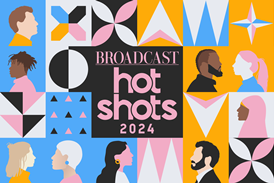
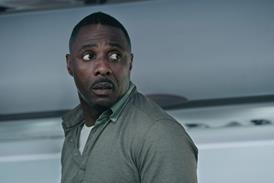




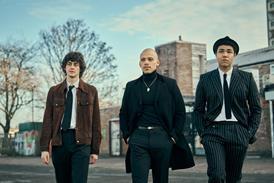
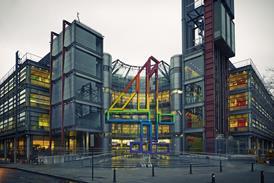
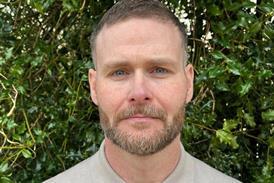
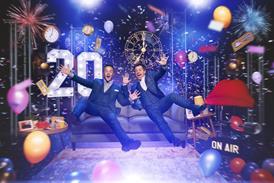


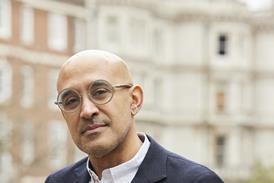
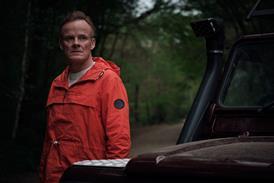
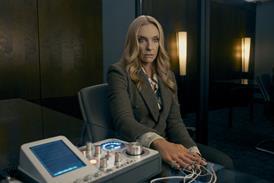

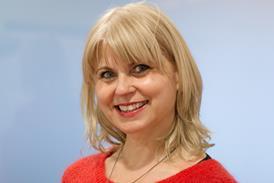
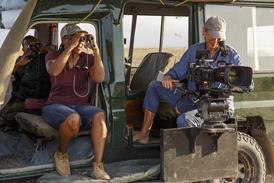
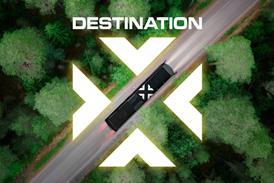
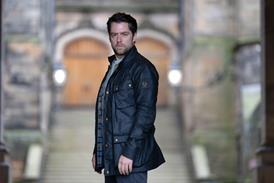
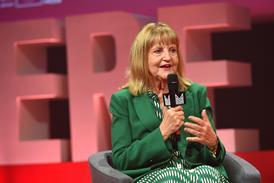



No comments yet